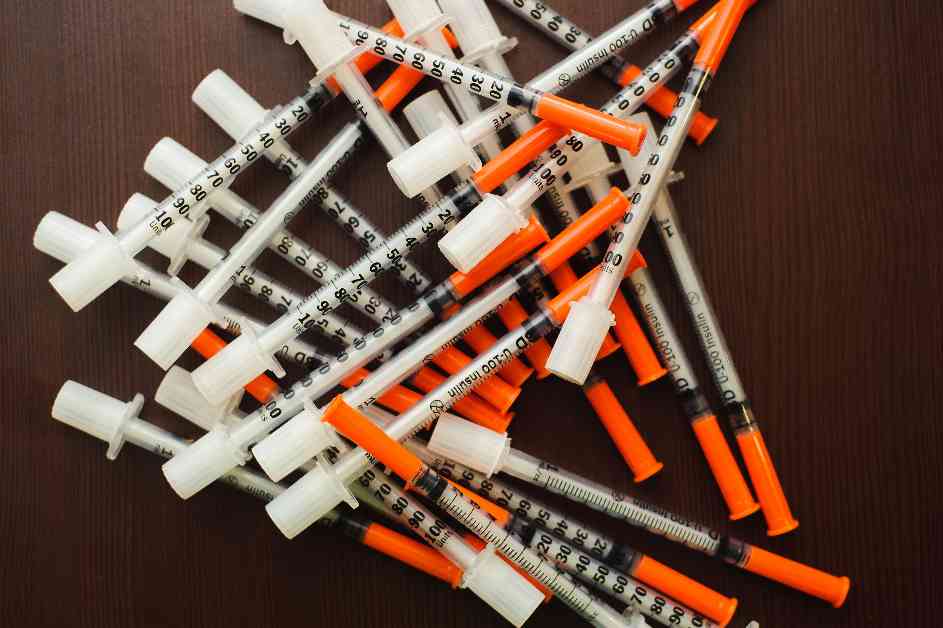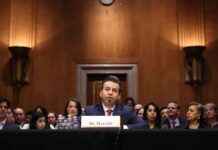West Virginia’s HIV Outbreak and Syringe Exchange Challenges
In the heart of central Appalachia, Charleston, West Virginia, finds itself at the epicenter of a troubling HIV outbreak primarily among individuals who inject opioids or methamphetamine. Federal health officials from the Centers for Disease Control and Prevention (CDC) arrived in the city in April 2021 to investigate a surge in new HIV infections, deeming it the most concerning outbreak in the United States. However, despite their attention and resources directed toward the crisis, the spread of HIV persists.
Challenges in Implementing Syringe Service Programs
One of the CDC’s key recommendations following their visit was the implementation of syringe service programs to combat the spread of HIV at its source. These programs have been shown to reduce HIV and hepatitis C transmission by up to 50%. However, state and local policymakers have imposed restrictions on such initiatives in West Virginia, hindering their effectiveness.
In 2015, the Kanawha-Charleston Health Department initiated a syringe service program, only to close it in 2018 under political pressure. Subsequently, SOAR WV, a local organization dedicated to addressing the health needs of individuals who use drugs, stepped in to provide services such as naloxone distribution, treatment referrals, HIV testing, and syringe exchange. However, legislative measures in 2021 limiting syringe exchange activities have forced organizations like SOAR to cease their efforts, leaving critical gaps in harm reduction services.
The Human Impact of Limited Syringe Services
The limitations on syringe exchange programs have had tangible repercussions on the ground. Individuals who rely on these services face barriers to accessing clean syringes, increasing the risk of disease transmission and overdose deaths. The closure of vital programs due to legislative constraints has left many vulnerable populations without essential support, exacerbating the public health crisis.
The situation in West Virginia underscores the urgent need for evidence-based, public health-driven solutions to address the HIV outbreak. Experts and advocates emphasize that expanding access to harm reduction services, including syringe exchange programs, is crucial to curbing the spread of infectious diseases among people who inject drugs. By allowing these programs to operate effectively and without political interference, policymakers can prioritize the well-being of their communities and stem the tide of the HIV epidemic.

















